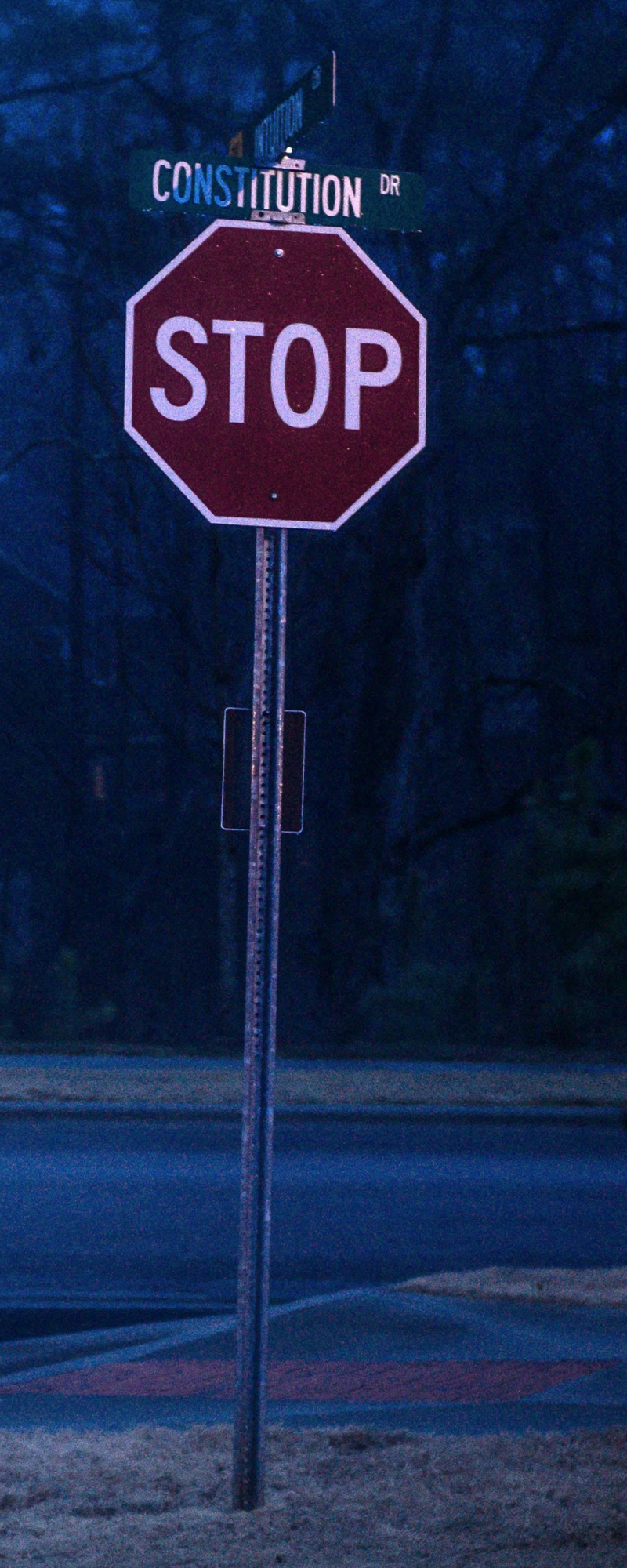Learn to Recognize Your Limiting Beliefs

 You may think that you control your beliefs and that you determine what you choose to believe or not. However, limiting beliefs are hiding everywhere without your knowledge and are putting a spoke in the wheel.
You may think that you control your beliefs and that you determine what you choose to believe or not. However, limiting beliefs are hiding everywhere without your knowledge and are putting a spoke in the wheel.
Let's do a little overview together
Beliefs about our identity and abilities are the most influential and active: what you think you are or cannot be or being able or unable to accomplish. Once the beliefs are adopted, they maintain a coherent vision of the world by filtering or distorting perceived reality. In this, it can be an empowering belief (a resource) or a limiting belief (a
How are you going to identify these, in particular, those that slow you down?
A belief is often a generalization. This generalization can impact causal relations (x causes y, directing the search for a solution in a precise place), relations of meaning (x means y, determining how you will react), limits (and therefore the restricted framework in which one will stay, what you can or cannot do, what is good or bad, etc.).
 Decoding a limiting belief is not easy because some are rarely if ever conscious. It is possible to train oneself to identify limiting beliefs of others so as to become more easily aware of his own. Blockages, avoidances, and anxieties often reflect the knot of a limiting belief. A verbalization or reaction of the type "I know well, but ...", "it sounds silly, and yet ...", "it does not make sense, and despite everything ..." identifies the moment when one puts a finger on a limiting belief.
Decoding a limiting belief is not easy because some are rarely if ever conscious. It is possible to train oneself to identify limiting beliefs of others so as to become more easily aware of his own. Blockages, avoidances, and anxieties often reflect the knot of a limiting belief. A verbalization or reaction of the type "I know well, but ...", "it sounds silly, and yet ...", "it does not make sense, and despite everything ..." identifies the moment when one puts a finger on a limiting belief.
This moment of identification is crucial and is often accompanied by discomfort. You can then feel that you have no resources, no hope and no sense of worth. And yet, you are about to come to an awareness that will allow you to overcome the limiting belief that was holding you back.
A little test! Here's an example of some sentences to complete that can help you identify what you think about yourself, about others, and about the world you live in:
-I do not succeed in ... because ...
-I will never get to ...
-I can not ...
-If I succeed I'm afraid of ...
-I do not deserve to ...
-I'm not enough…
-I'm too….
-It's not ok to want to be ... because ...
- That's the way it is, because ...
- It's impossible to ... because ...
- It's wrong ... because ...
Etc ...
The problem with limiting beliefs is that they reinforce and maintain each other: they work in a circular process. They condition a behavior that in turn reinforces belief. Take the example of a self-fulfilling prophecy with a person with low self-esteem:
- Beliefs, convictions / what I believe: I'm not a good person, I'm not worth much.
- This belief influences the reasoning / what I think: life is unfair and sad, I find myself alone and unable to succeed.
- This thought causes emotions / how I feel: I'm sad, I'm bitter, I'm frustrated, I'm depressed.
- This emotion determines behaviors / what I do: I isolate myself, I lament, I repel others, I sabotage myself.
- Result: I find myself alone and depressed, I reflect a bad image to myself and I cannot do anything THEREFORE my belief seems justified to me, it is maintained and reinforced, it is likely to continue as long as I don’t work on it.
Be attentive to what you believe, and how it affects your way of thinking, feeling and acting. Seek to uncover limiting beliefs, even the most hidden and the least accessible. Never consider anything as self-evident, logical, already there, but always question what you think you know or believe, that seems most obvious to you. Then always ask yourself if these beliefs are limiting or empowering, if they help you to reach your goal, to feel fulfilled and to feel ok with yourself. If not, change them!






